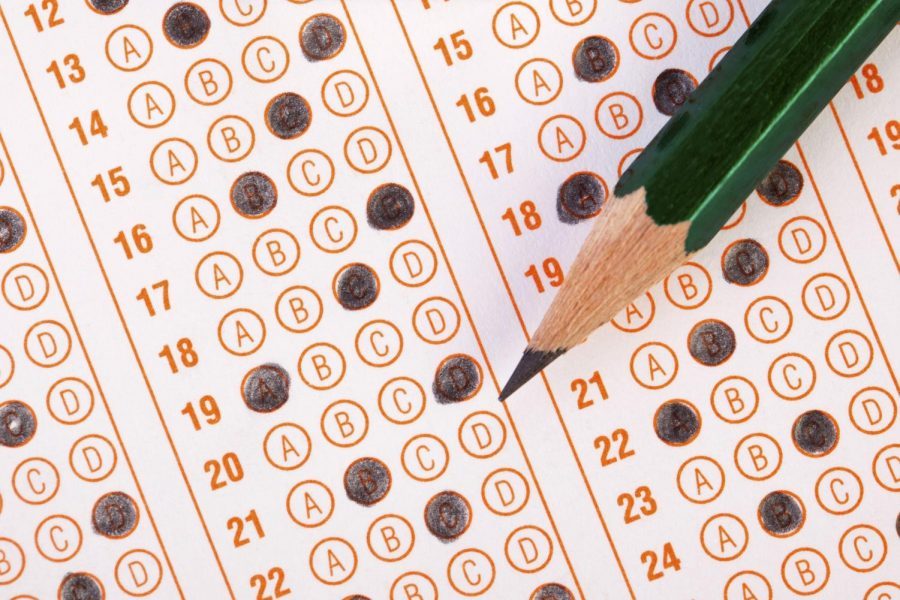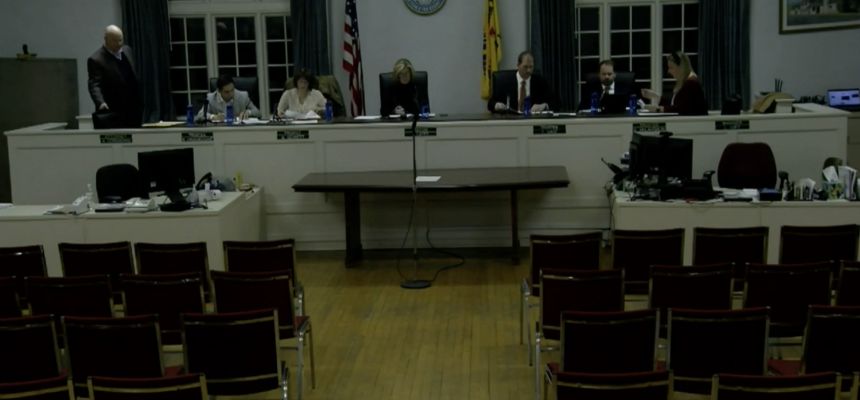The Pelham Board of Education will likely do a third reading and take a final vote on a cell phone policy for Pelham Memorial High School at Tuesday evening’s board meeting. It seems likely that the stricter of the two proposals considered is going to pass.
For those catching up, the two possible policies considered at the last board meeting were:
Strict
Phones are, essentially, “away for the day,” that is to say not allowed out on campus except for preauthorized exceptions.
Less Strict
Phones are away during classes except for preauthorized exceptions but otherwise allowed (presumably in between classes, during lunch, maybe during free periods, possibly during study halls). The details would matter.
The board voted 5-2 for the strict option, sending it to a third reading on Tuesday.
Everyone involved has acknowledged the concern about implementation. Those opposed to the strict policy are extremely concerned about it. And rightly so. Trying to make large-scale change quickly isn’t going to be easy or pretty.
This all really boils down to whether the strict policy can be successfully implemented this quickly.
It boils down to the how.
If strict passes, a lot is about to be asked of our teachers and administration with very little time to make a plan.
Big asks should only be made if really necessary.
But that’s the thing—this ask is necessary. Teen mental health and attention spans are in crisis. Schools all over the country are banning cell phones. It’s not a question of if, it’s a question of how.
So how does successful implementation get done? Superintendent Dr. Cheryl Champ has said that reducing variability is going to be critical to implementation of any plan. This means trying to phase in change. While it seems kind, it is actually much harder on those who have to do it. Similarly, having a very complicated policy to try to accommodate a basket of what-ifs will increase the difficulty.
If we know the stricter policy is the right one (it is), and we know that the less restrictive version increases chances for success (it does), then the following are, I believe, the key questions that must be answered to make for an effective implementation plan for an away-for-the-day policy.
- Enforcement mechanism: How exactly will phones be put away for the day?
- Enforcement responsibility: Who specifically will be responsible for enforcement?
- Consequences: What happens when a student is in violation?
- Pre-authorized exceptions: What are the specific use cases? Example: a research project, a college interview, mental health and learning accommodations, health accommodations (diabetes, celiac, blood pressure, etc.).
Yes, of course, obviously right? But also:
- Teacher and administrative support: What specifically do teachers and administrators need in order to be successful executing this change in policy? For example, are there enough monitoring staff to enforce?
And…
- Student buy-in: What resources can we provide to help students understand the why of this decision and to process the change?
And finally, two specifics areas that if clearly defined could make all the difference in the world:
- Lunch: What will lunch look like for students in the 2024-2025 school year and in the future?
- Recommended devices: What in-policy devices can be recommended in lieu of exceptions? For example, music players like a standalone portable audio player (e.g., the Mighty), Kindles, etc.
This is a historic moment. I encourage everyone to pay attention. The board of education meets for the third reading Tuesday at 7 p.m. You can tune in here.
Sarah Gallagher Trombley is a digital parenting expert, small business owner and parent in Pelham. She writes and speaks on digital parenting topics through Digital Mom Media. She provides marketing and business consulting services to emerging businesses, including the Pelham Examiner, through Wolfs Lane Consulting.














Messiah Morency • Jul 12, 2024 at 1:04 am
As an alum of the high school, I understand the importance of addressing the teen mental health crisis and improving focus by banning cell phone use. However, this policy raises significant safety concerns. In emergencies, students need to be able to communicate quickly with parents and emergency services.
A possible compromise could be allowing smartwatches, like Apple Watches, which provide essential communication without the full range of distractions that phones bring. This approach could help students stay focused while ensuring they have a vital safety link in emergencies. I urge the school administration to consider such alternatives to balance mental well-being and physical safety for our students.
Christopher Gallagher • Jul 11, 2024 at 2:08 pm
Excellent analysis by Sarah.
Children are in school to learn not to stay current on the social media scene